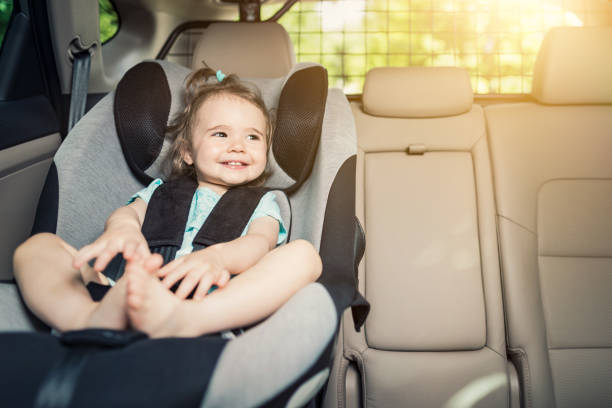
When it comes to the safety of children in vehicles, Malaysia has set specific standards that parents must be aware of. The “Baby Car Seat Malaysia Safety Standards” are designed to ensure that all car seats meet the necessary criteria to protect infants and toddlers during travel. Understanding presidenttoto these standards is crucial for parents who want to ensure the safety of their children on the road.
Understanding Malaysian Safety Standards for Baby Car Seats
Malaysia’s regulations for baby car seats are primarily influenced by international safety standards such as those set by the United Nations Regulation R44/04 and R129 (also known as i-Size). These standards evaluate car direkturtoto seats based on their installation, the protection they offer in frontal and side impacts, and their compatibility with vehicles.
In Malaysia, it is mandatory for all baby car seats to comply with the Malaysian Standard (MS) mark, which indicates that a car seat has been tested and approved for safety by local authorities. The MS mark ensures that the car capitaltoto seat has undergone rigorous testing for durability, material safety, and crash performance.
Key Features of Approved Baby Car Seats
An approved baby car seat in Malaysia will typically have the following features:
- Clear labelling: Includes information on the correct usage, installation instructions, and weight/height limits.
- Five-point harness: Ensures that the child is secured across the shoulders, hips, and between the legs.
- Side impact protection: Extra padding or structural enhancements to protect the child’s head and neck in the event of a side collision.
- Adjustable components: Allows the car seat to be adjusted according to the child’s growth and comfort.
Installation Tips for Maximum Safety
Proper installation of a baby car seat is as important as choosing the right seat. Here are some tips for installing sultantoto a baby car seat correctly:
- Follow the manual: Always refer to the manufacturer’s manual for detailed instructions on how to install the car seat.
- Check the seat belt: Ensure the seat belt passes through all the designated guides on the car seat. The belt should be flat and not twisted.
- Tight fit: The car seat should not move more than an inch side-to-side or front-to-back when pulled at the belt path.
- Use ISOFIX points if available: These are designed to make installation easier and safer by attaching the seat directly to the vehicle’s built-in anchors.
Importance of Using an Age-Appropriate Car Seat
Selecting an age-appropriate car seat is vital for the safety of your child. Here’s a brief guide:
- Infant carriers (0-13 kg): Suitable for newborns up to approximately 12-15 months old, these should always face the rear of the car.
- Convertible car seats (up to 18 kg): Can be used from birth until around 4 years of age; they can be converted from rear-facing to forward-facing as the child grows.
- Booster seats (15-36 kg): Designed for children from about 4 to 12 years, boosters raise the child so that the regular car seat belt fits properly.
Understanding and adhering to the “Baby Car Seat Malaysia Safety Standards” is essential for ensuring the safety of your children while traveling. Always ensure that you purchase car seats from reputable sellers and check for the MS certification mark to confirm safety compliance. With the right knowledge and equipment, you can make every journey with your little one safe and secure.